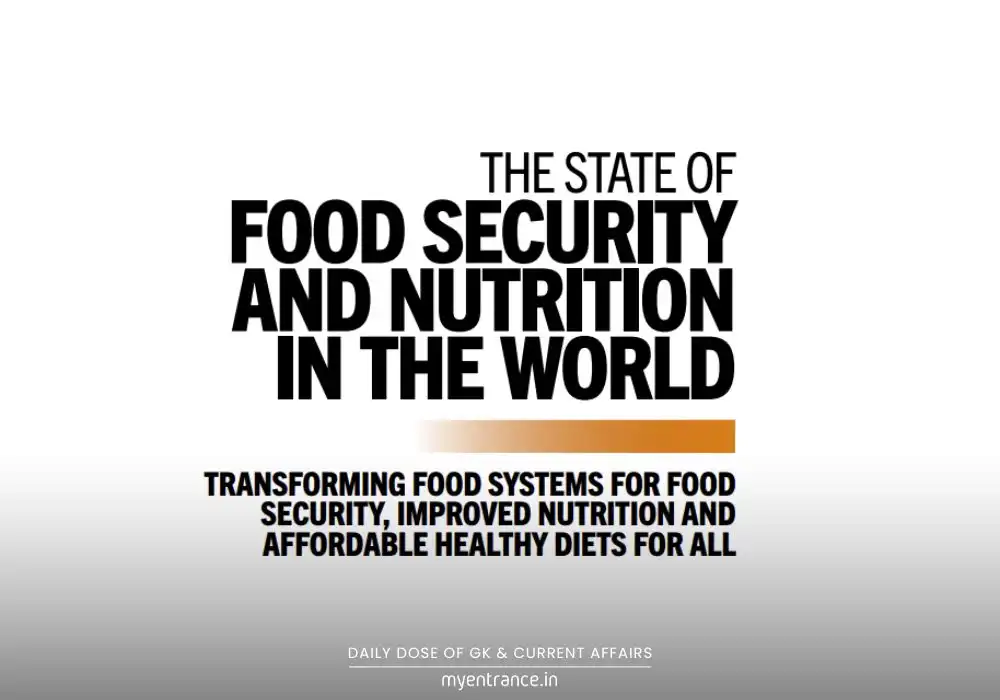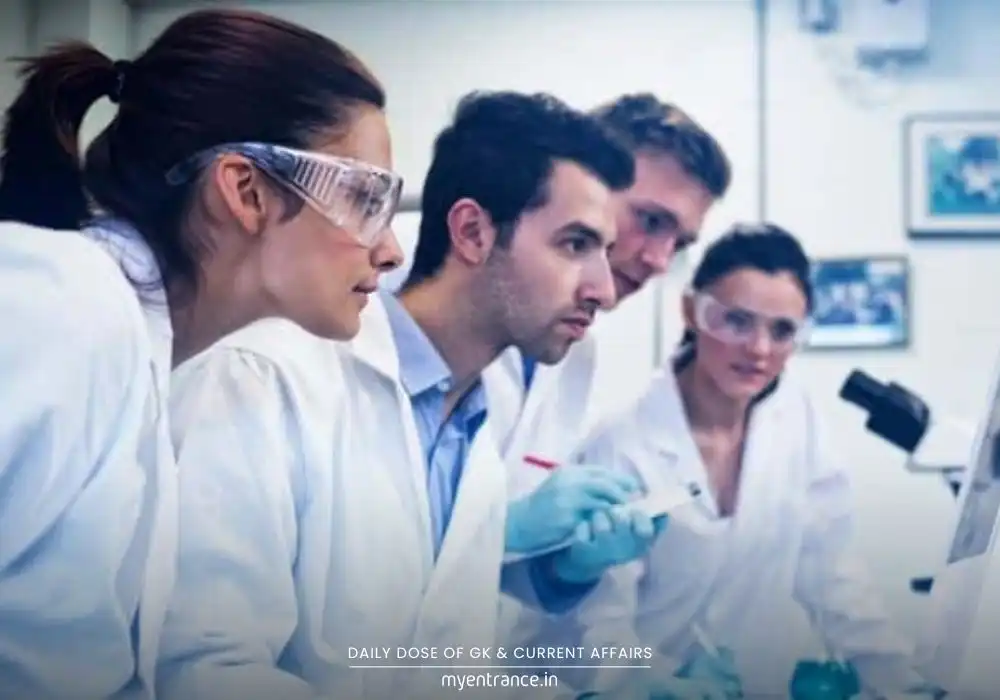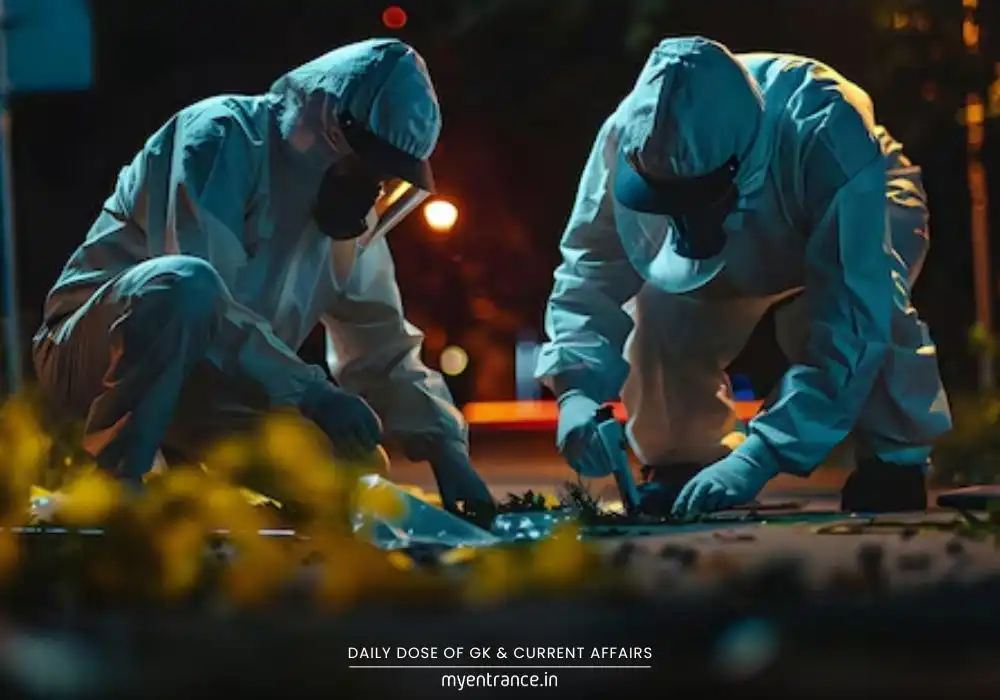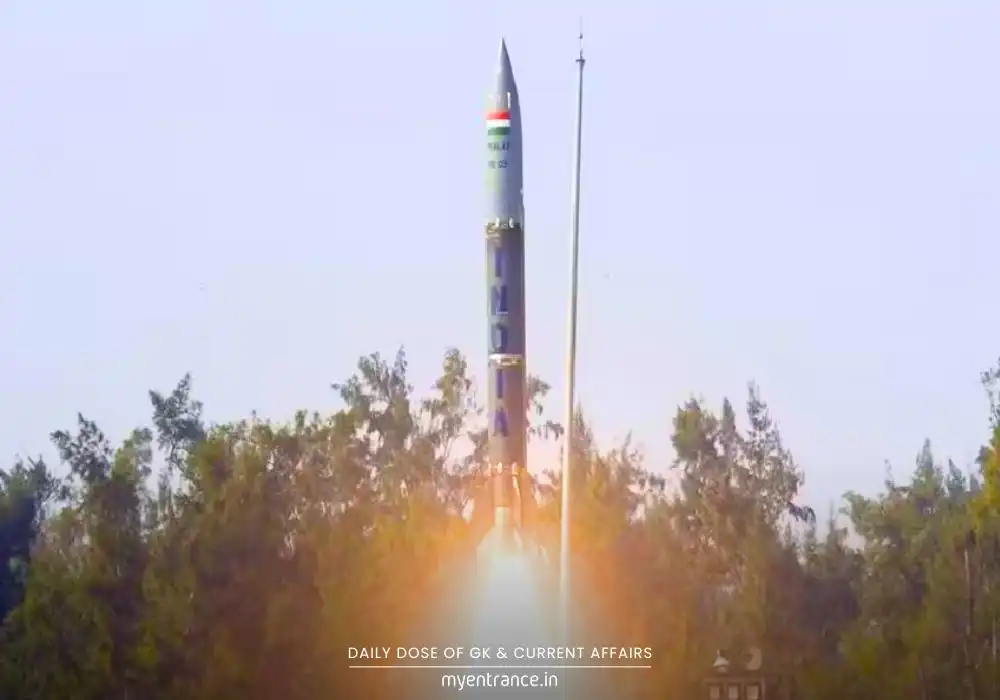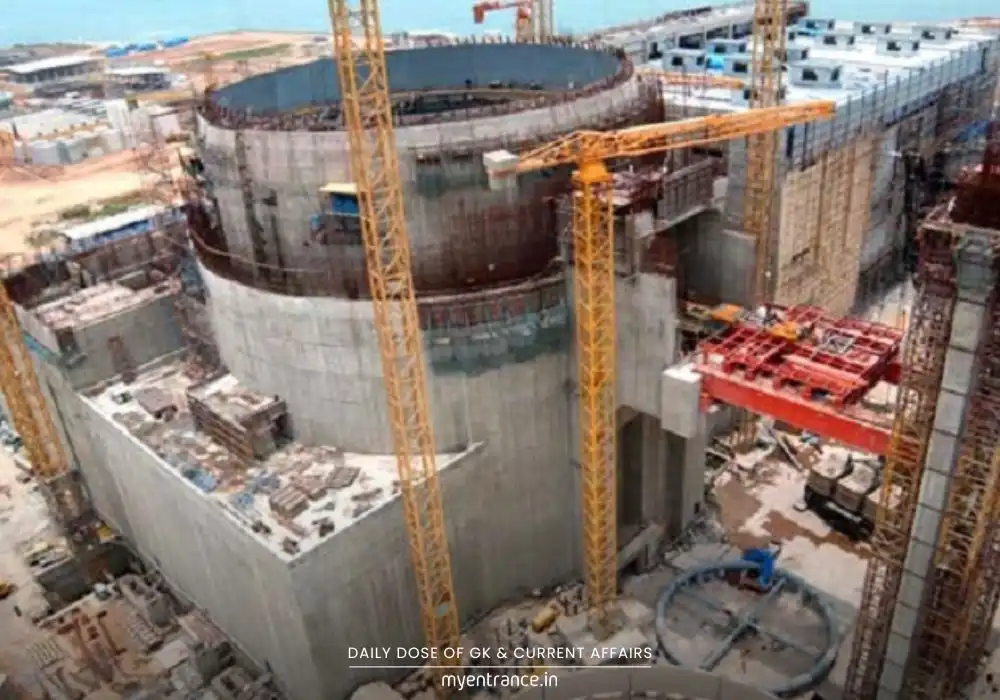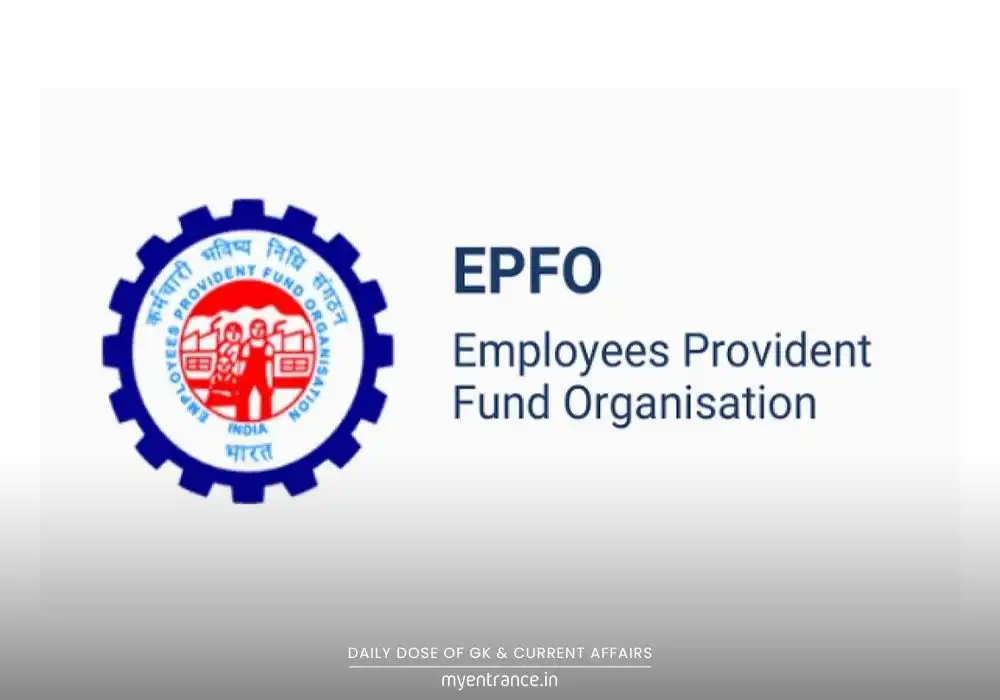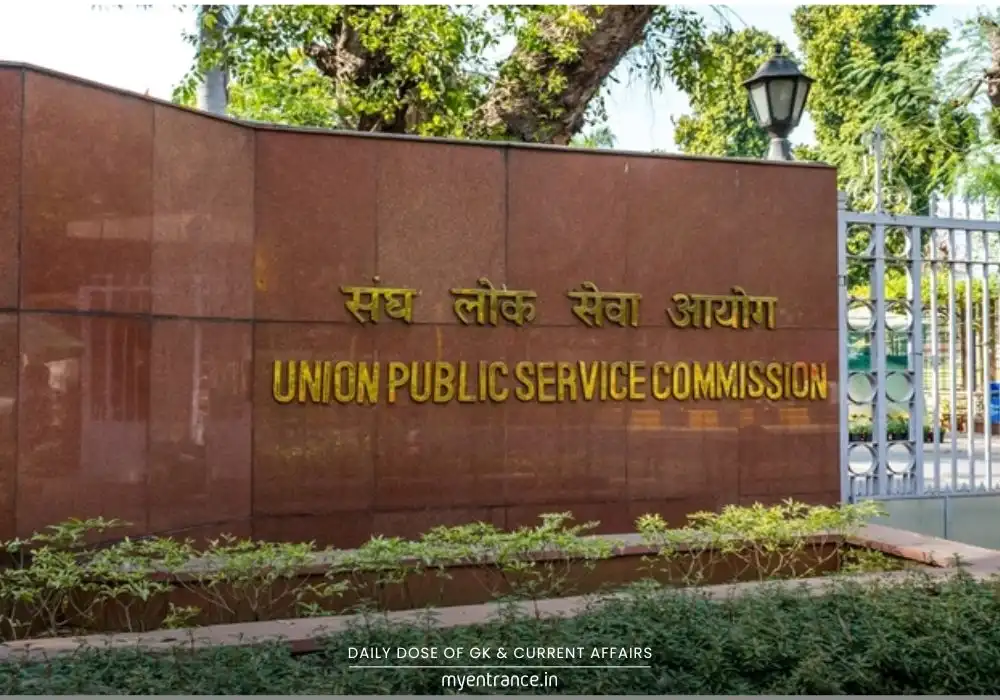Select Language
Why Did Delhi Suddenly Hit Pause on Banning Old Vehicles?
Delhi’s fight against toxic air hit a roadblock as the government urgently requested a pause on cutting fuel supply to old vehicles. This sudden reversal highlights the complex battle between environmental urgency and practical implementation challenges.
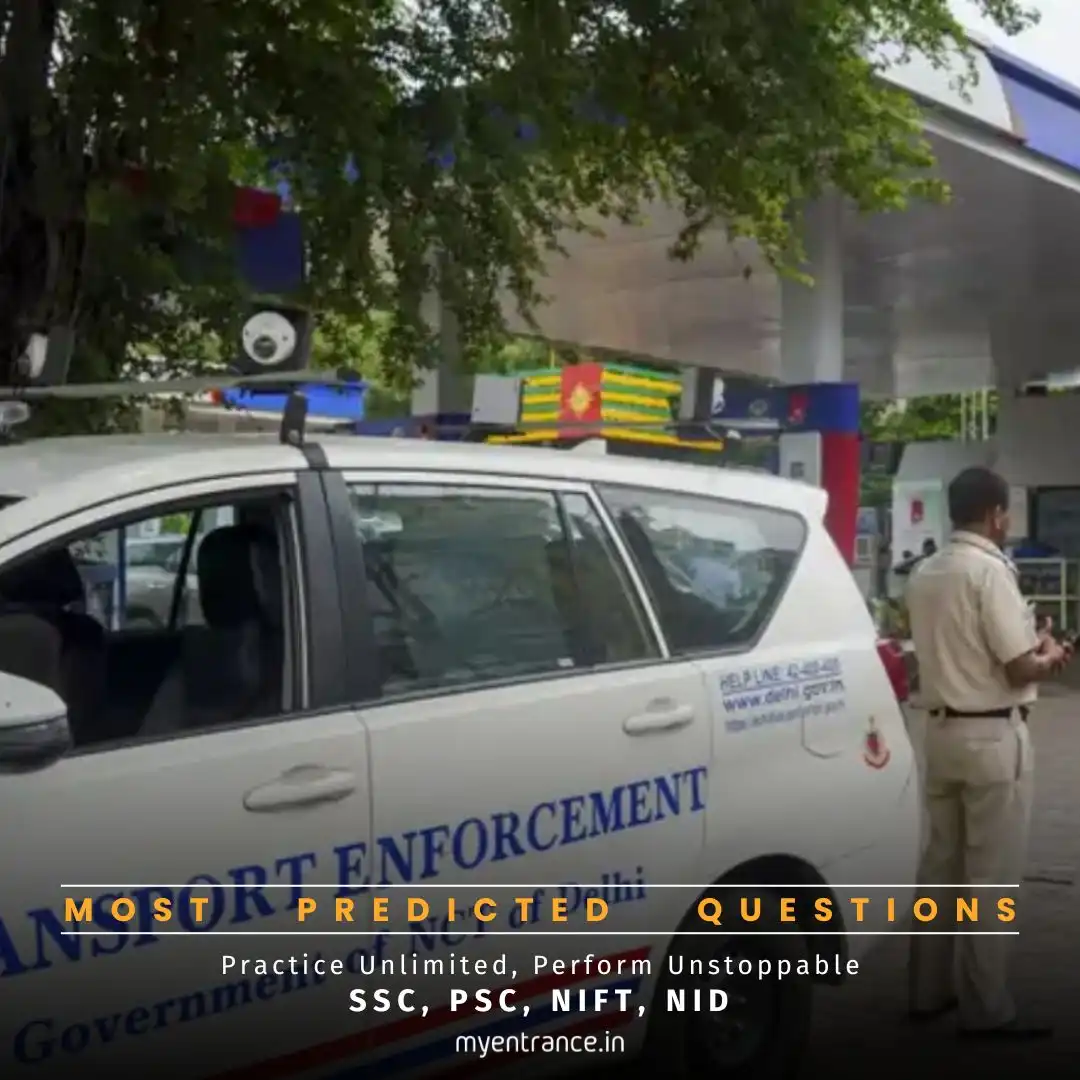
Delhi’s U-Turn on End-of-Life Vehicles: What Happened?
Citing “critical operational and infrastructural challenges” and significant public concern, the Delhi government has urgently asked the Centre’s Commission for Air Quality Management (CAQM) to suspend its ban on refuelling end-of-life vehicles. This rule, active since July 1st, targeted:
Diesel vehicles over 10 years old.
Petrol vehicles over 15 years old.
Automated cameras at fuel stations scanned number plates, cross-checking with the Vahan database to identify deregistered vehicles or those without valid Pollution Under Control Certificates (PUCC). While initial enforcement saw 80 vehicles seized on Day 1, actions plummeted rapidly—only 7 impounded by Day 3, signalling systemic issues.
Why Ban Old Vehicles? The Pollution Crisis
This isn’t just about traffic rules. Delhi’s air is a health emergency. A 2021 TERI draft report (released 2024) revealed shocking data:
Vehicles are Delhi’s TOP PM2.5 source (47%) – deadlier than road dust (20%) or industry.
They dominate NOx emissions (78%) and NMVOC emissions (49%).
Two-wheelers lead in PM2.5, PM10, SO2 & CO emissions. Buses top NOx emissions.
The Supreme Court first banned these polluting vehicles in 2018. The CAQM Act (2021) empowered the Commission as a statutory body to enforce such measures across NCR and adjoining states.
Why the Pause? Tech Hurdles & Public Anger
The sudden halt stems from:
Tech Failures: ANPR cameras and Vahan database integration faced glitches, wrongly flagging compliant vehicles.
Public Backlash: Long queues, false penalties, and stranded commuters caused widespread anger, especially impacting daily wage earners and small businesses reliant on older vehicles.
Implementation Gaps: Inadequate public awareness and last-minute rollout left citizens confused and unprepared.
Why is This Crucial for Your SSC, PSC, or Design Exams?
Syllabus Link: Directly covers Indian Polity (CAQM’s role), Public Policy challenges, Environmental Pollution (GS III), and Government Interventions (GS II).
Current Affairs Weightage: Air pollution governance is a recurring UPSC/PSC theme. Expect questions on laws, bodies (like CAQM), and court rulings.
Analytical Skills: Tests understanding of policy trade-offs – environmental goals vs. socio-economic impact & implementation feasibility.
Data Interpretation: TERI report stats are prime material for MCQs on pollution sources.
Legal Awareness: Knowledge of SC rulings and the CAQM Act demonstrates grasp of environmental jurisprudence.
Sample Exam Questions & Answers
Q: Which statutory body is responsible for implementing the fuel ban on end-of-life vehicles in Delhi-NCR?
A: The Commission for Air Quality Management (CAQM), established under the CAQM Act, 2021.
Q: According to the TERI draft report (2021), what percentage of Delhi’s PM2.5 emissions come from vehicles?
A: Vehicles contribute approximately 47% of Delhi’s PM2.5 emissions, making them the largest source.
Q: What was the primary reason cited by the Delhi government for pausing the fuel ban?
A: The government cited “critical operational and infrastructural challenges,” including technical glitches in the ANPR camera system and database integration, alongside public outcry.
Q: Which landmark judicial order first banned old diesel and petrol vehicles in Delhi?
A: The Supreme Court of India banned diesel vehicles older than 10 years and petrol vehicles older than 15 years in Delhi in 2018.
Q: Under the CAQM’s rule, how are ‘end-of-life’ vehicles identified at fuel stations?
A: Automatic Number Plate Recognition (ANPR) cameras scan vehicle plates and cross-verify them against the Vahan portal database to flag deregistered vehicles or those without a valid Pollution Under Control Certificate (PUCC).
Get 3 Months Free Access for SSC, PSC, NIFT & NID
Boost your exam prep!
Use offer code WELCOME28 to get 3 months free subscription. Start preparing today!




